The Israel-Palestine conflict originates from a history deeply scarred by the Holocaust, a genocide during World War II that resulted in the systematic murder of millions of Jews by the Nazis. This tragedy led to the United Nations’ decision for the Jewish people to have an ethno-state, Israel. In 1947, the United Nations adopted Resolution 181, known as the Partition Plan, seeking to divide the British Mandate of Palestine into an Arab and a Jewish state. The subsequent creation of the State of Israel in 1948 resulted in the displacement of hundreds of thousands of Palestinians.
The conflict was further fueled by the events of the 1976 Six-Day War, which had profound implications for the territorial landscape of the region. Due to the war, Israel gained control of the West Bank, East Jerusalem, the Gaza Strip, and the Golan Heights. These territories were inhabited by Palestinian Arabs, creating complex challenges. Israel’s capture of East Jerusalem was particularly significant, as it included the Old City and its religious sites, such as the Western Wall and the Al-Aqsa Mosque. This heightened Jerusalem’s religious and cultural significance and became a central point of contention in the conflict. The displacement of Palestinians had been furthered, with hundreds of thousands becoming refugees in neighboring countries, intensifying the sense of Palestinian deprivation.
After the Six-Day War, efforts to reach a comprehensive peace agreement between the two faced numerous obstacles. Israel began establishing settlements in the occupied territories, particularly in the West Bank and East Jerusalem. These settlements have been a source of international controversy, as they are considered illegal under international law and have complicated the prospect of a two-state solution. The Palestinian Territories experienced two Intifadas, or uprisings, in the late 20th century. The First Intifidas (1987-1993) and the Second Intifada (2000-2005) resulted in significant violence and loss of life. These uprisings also led to negotiations, including the Oslo Accords in the 1990s, which established the Palestinian Authority and laid the groundwork for limited Palestinian self-governance.
Hamas, or the “Islamic Resistance Movement,” is an armed, hard-line Islamist group that emerged in 1987 during the first Palestinian uprising (Intifada) against Israel. Its primary goal is establishing a Palestinian state while rejecting any peace deal with Israel. Hamas is considered a terrorist organization by the U.S., Israel, and several Western countries due to its stance and history of violence.
Last week, Hamas made headlines with a surprise attack on Israel. In this latest assault, Hamas fighters utilized unconventional methods to breach the Israeli border and gain access to Israeli territory. This escalation resulted in tragic casualties, with Israeli authorities reporting over 1,200 lives lost alongside the seizure of hostages. Hamas acted independently and did not represent the official Palestinian government. This enduring conflict has not only deeply affected the lives of Palestinians and Israelis but has resonated worldwide.
In response to the attack by Hamas, Israeli forces launched a series of retaliatory air strikes and declared a state of alert for war. In the past three weeks alone, Israel has delivered a substantial number of missiles into Gaza, further intensifying the impact of the conflict. According to the Palestinian Ministry of Health in Gaza, the casualties have been devastating, with more than 1,500 Palestinians losing their lives, and a distressing statistic reveals that nearly half of the victims were women and children. Simultaneously, over 1,300 Israelis have tragically lost their lives since the onset of the Hamas assault. Additionally, since 2007, a significant portion of the flow of food, water, and medicine entering Gaza has been primarily controlled by Israel. However, after the recent Hamas attack, Israel has imposed a blockade, further worsening the humanitarian crisis in the region.
While we discuss the historical and current events in the Israel-Palestine conflict, it’s essential to recognize the contrast between our lives in the West and the daily realities faced by people in the Middle East. To illustrate this point, the News polled IB seniors, asking, “How much do you know about what is happening between Israel and Palestine currently and historically?” The results were telling – of the 20 students who responded, only 10 percent were completely aware of the conflict, 30 percent knew a little about it, and 60 percent were completely unaware. Western societies, including high school students like us, often enjoy a level of privilege that allows us to remain relatively oblivious to the hardships and violence that have plagued Israel and Palestine for decades.
In contrast, thousands of children and families in the region live in constant fear for their lives, struggling with the enduring humanitarian crisis that the conflict has created. The privileges we have, including safety and security, are not shared by those living amidst this turmoil.
The violence has had a devastating impact on both Israeli and Palestinian civilians, exacerbating the long-standing humanitarian crisis in the region. The cycle of violence in the conflict has often seen such retaliatory actions, resulting in a tragic toll on both sides. It serves as a reminder that empathy and understanding are crucial in seeking a just and lasting resolution to this long-standing dispute.


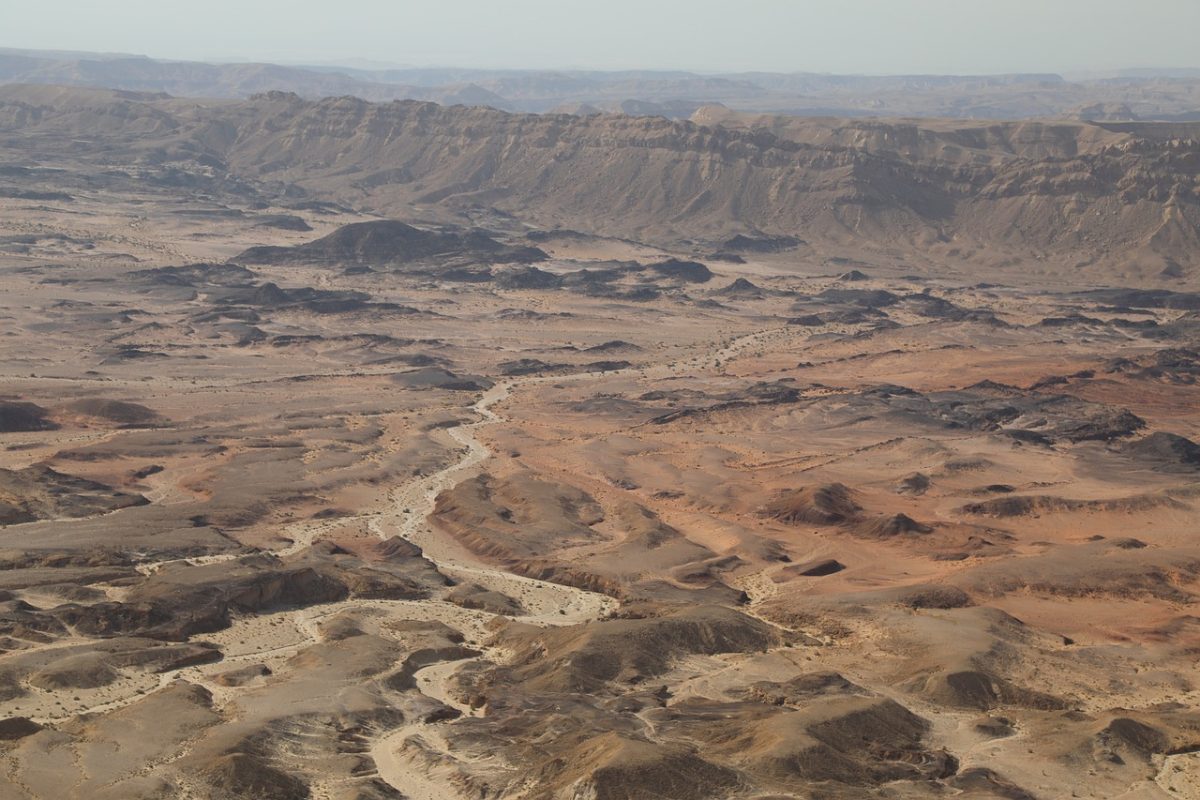


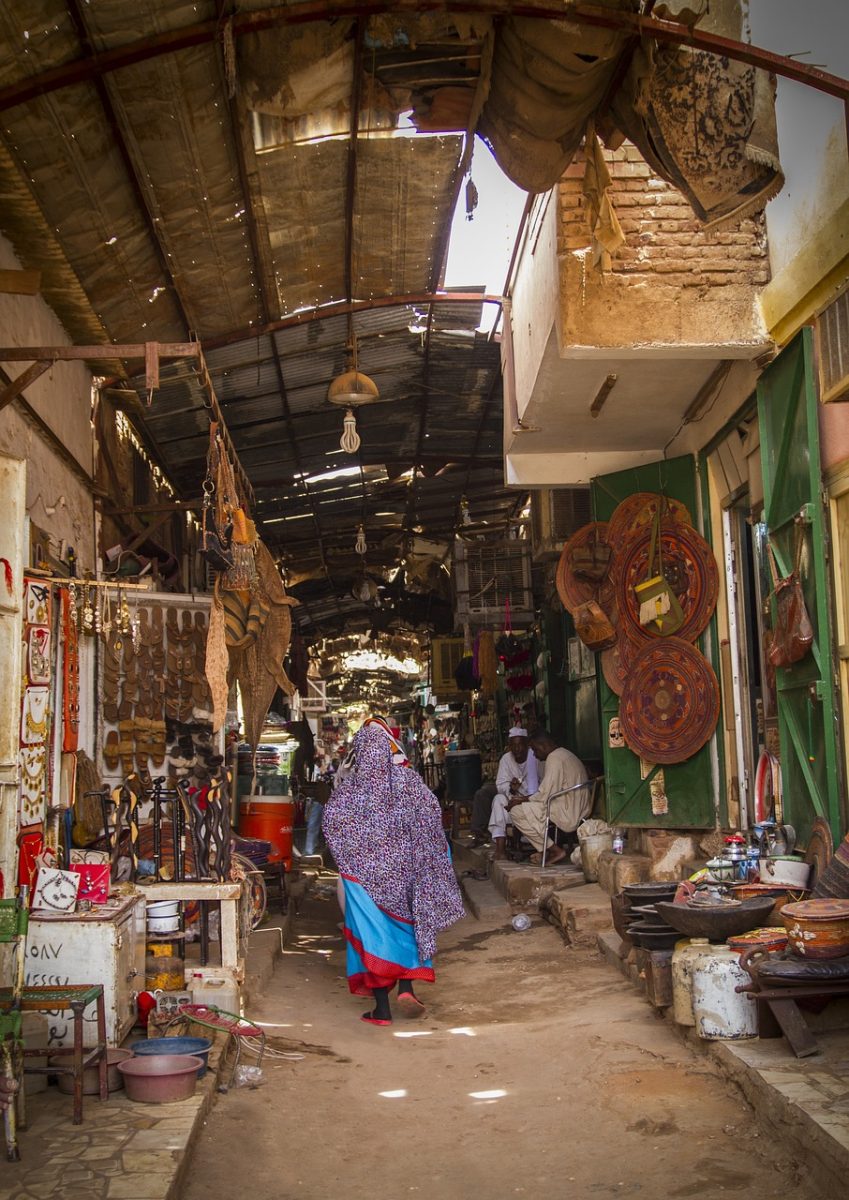

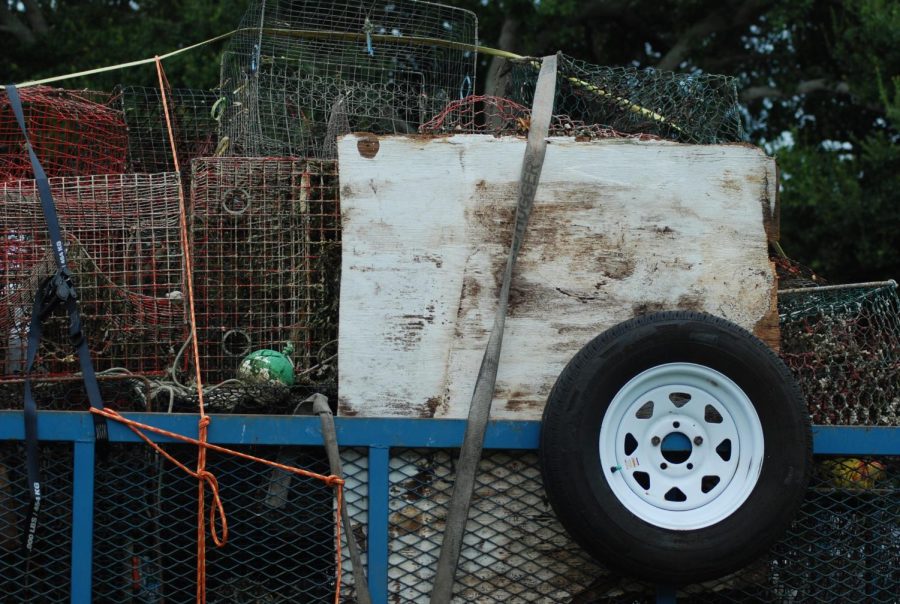
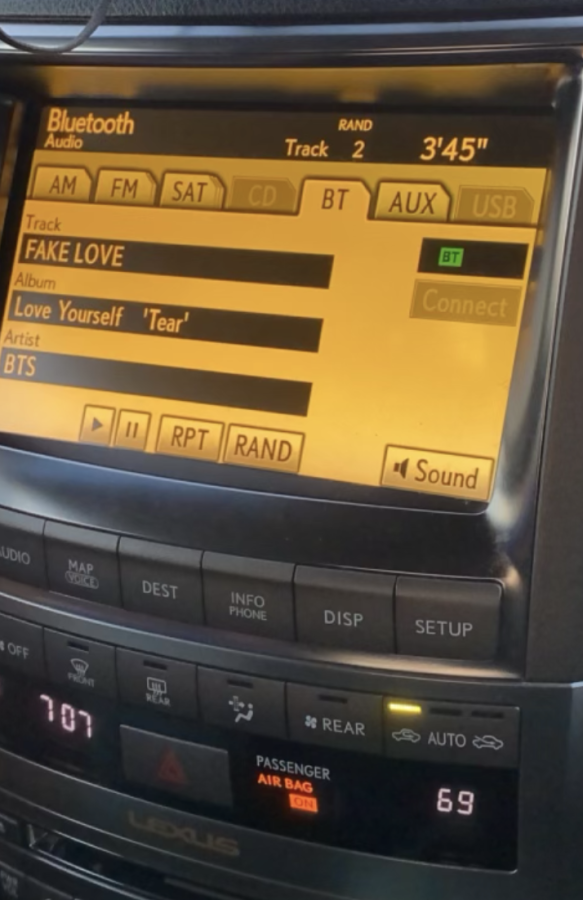


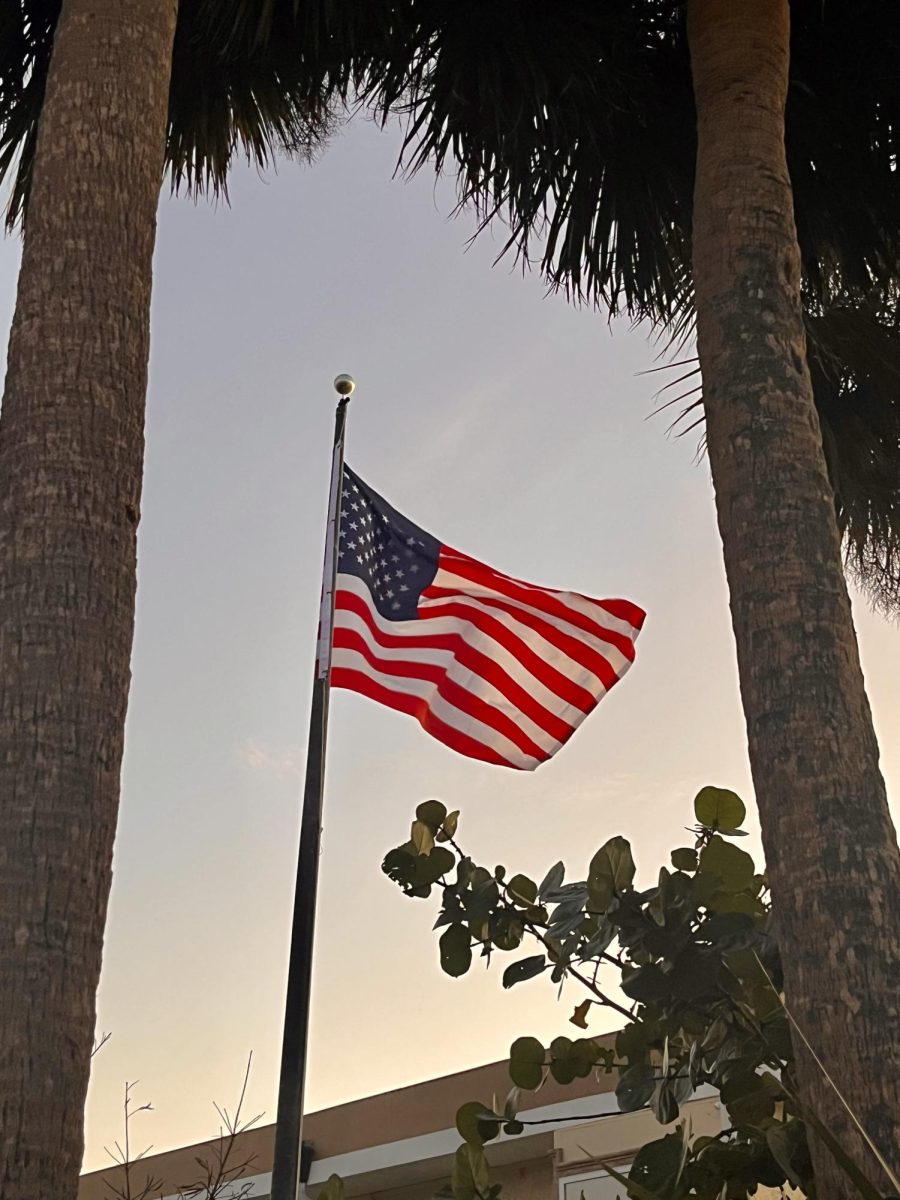



Albert Kim • Nov 2, 2023 at 10:14 am
Peace is the only cure for war.